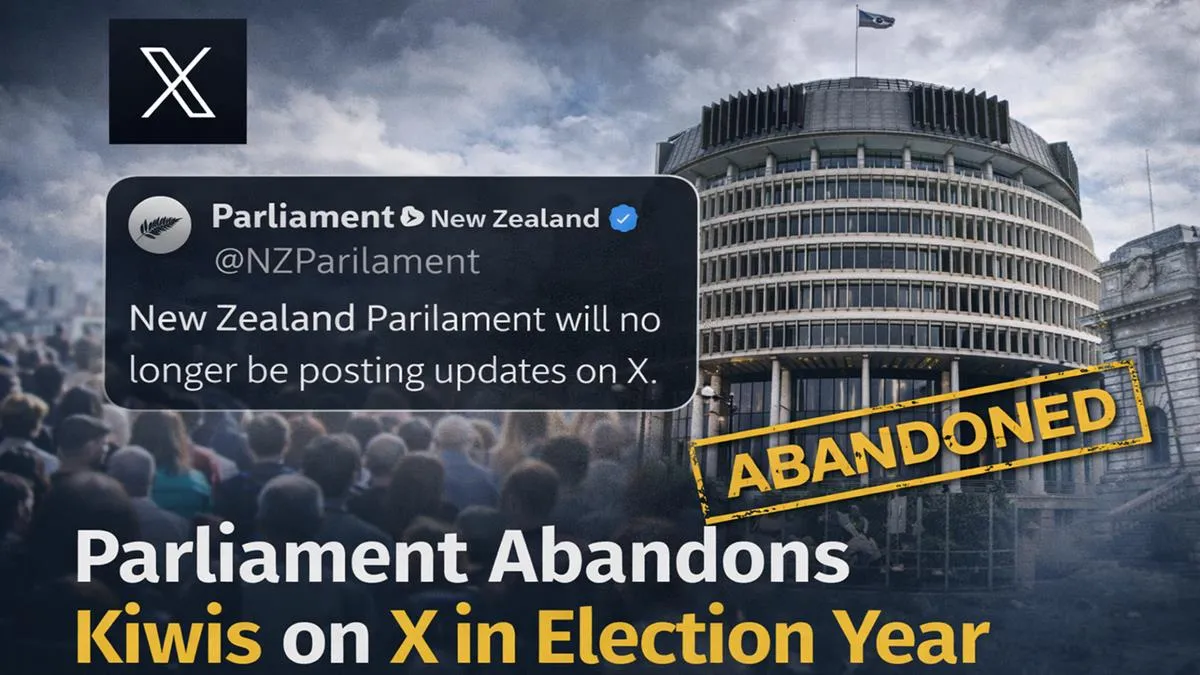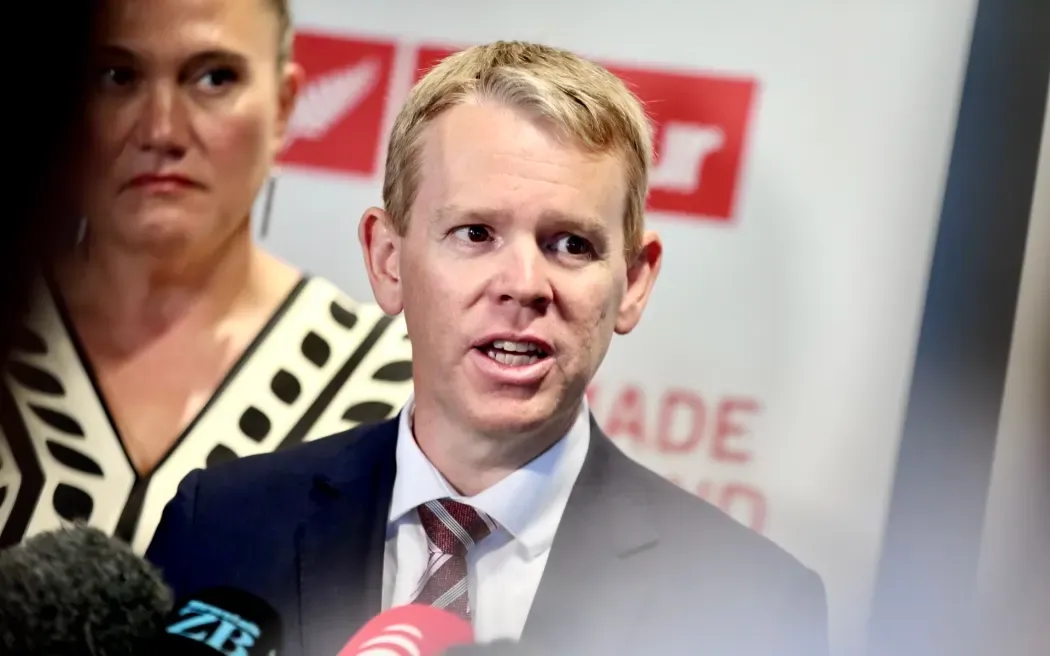Table of Contents
“De-colonisation” is one of the latest buzz-words to take the place of thought in the empty heads of the left. Resentful Bungas who owe pretty much everything they have to colonisation have suddenly decided that biting the hand that gave them — at last count, modern medicine, science, an end to ceaseless inter-tribal slaughter, such “coloniser” concepts as human rights and democracy, not to mention KFC, shoes and even clothes — is the key to a Utopian Wakanda-style future.
It rarely seems to enter into the heads of these whining ninnies that Wakanda is entirely fictional. In the real world, by contrast, nearly every country that has been “decolonised” is, not to put too fine a point on it, a goddamned shithole. The few successful counter-examples are those nations who became independent but left “colonial” structures firmly in place, from America, to Australia, Canada, New Zealand and India.
On the other hand, the vast swathes of former colonies who reverted to Bungadom are miserable failures. It’s only taken South Africa, under ANC rule, to go from a first-world nation to a cesspit. But, hey, at least they don’t have Apartheid any more.
As Canadian-American professor of Political Science, Bruce Gilley, had the temerity to point out, provoking an almost Rushdie-esque level of murderous fury on the left, actual de-colonisation hasn’t gone too swimmingly at all.
[Gilley’s] sin was to point out, based on rigorous social scientific research, that many ex-colonies (especially in Africa) had been better off under European rule than under the post-independence governments. During the late colonial period, from the 1920s to independence, “populations were growing, food supply expanding, life expectancy leaping upwards, government administration improving, wages and living standards bowling upwards, and plans for self-government unfolding”. Gilley cites the praise of the great gods of the anti-colonial movement, Gandhi, Lumumba and Mandela, for the benefits brought by European, and especially British, colonialism. What is striking is that none of them lived long enough to judge the results of the independence of their countries. As intelligent men they could not but have been horrified.
Almost everywhere, “de-colonisation” in practice has left a legacy of death and misery to rival socialism (in fact, it is merely another nasty fruit of that perennial poison tree, as were Nazism and Fascism).
The result was political tyranny, civil war and economic collapse in Pakistan, Bangladesh, Burma, Tanzania, Uganda, Nigeria, the Congo, Vietnam, Morocco, Algeria and the Sudan. The first president of Guinea, Ahmed Sekou Toure, who styled himself the “Terror of International Imperialism, Colonialism, and Neo-Colonialism”, was given to hanging his cabinet ministers. He managed fifty-eight in one session in 1970.
Barely a month after Prince Philip attended the independence celebrations on Zanzibar in 1963, two black rebel leaders from the mainland instigated a rebellion which led to the slaughter of many of the Arabs and South Asians on the island. As one of these thugs later wrote with pride in his memoirs, in his comfortable retirement, he had ordered his gangs of criminals “to fire in all directions and to kill whatever came before them—men, women, children, disabled persons, even chickens and goats”. In just two days, between 5000 and 10,000 people were murdered, often by machete, as the gangs moved from house to house. 20,000 “stooges” were thrown in prison, while 100,000 mostly middle-class persons fled the island. Some 43 per cent of the population were either killed, imprisoned or went into exile in a coup which their perpetrators, and their Western apologists, tried to present “as a local uprising against colonial legacies”.
Much as contemporary “Maori” in New Zealand carefully avoid mentioning the only actual genocide perpetrated in “Aotearoa”, that of the Moriori of the Chatham Islands by Maori tribes, the thugs of “de-colonisation” have the unmitigated gall to point their blood-stained fingers at the former bwanas.
“The legacies of colonialism” is the catch-all term used by anti-colonial intellectuals to excuse the genocides that have been perpetrated in Zanzibar, Cambodia, Bangladesh, Rwanda and Sri Lanka, not to mention the collapse of Zimbabwe since 1980, South Africa since 1994 and Hong Kong since the handover to China in 1997. One would have thought that the humanitarian disaster that has been decolonisation for so many peoples would have been the cause of regret for the intellectual exponents of “Third Worldism” and that it might have spurred them to reassess colonialism and its benefits.
Ha! As if. They’d sooner admit that Mao and Stalin were real Communists.
Just as the Capitalist West stood as the embarrassingly (to the left) shining counter-example to socialism, those former colonies which embraced the legacies of colonialism have thrived: Singapore, Malaysia, Botswana and Belize, for example.
In 1993 the average Singaporean was 4.5 times wealthier than the average South African. Today the difference is seven-fold. For pointing this out, [Helen Zille, the former premier of Western Cape province in South Africa] was vilified in the press, disciplined by her party and found guilty by South Africa’s ethics board of “improper conduct”. Citing with approval the academic mob response to Gilley’s article, the board declared that all such pro-colonial viewpoints should be banned.
Yet, the very remedies proposed by Gilley, which so enraged the “de-colonisation” mob have worked. Gilley’s proposal was, simply, to re-impose some of the governance functions of colonialism, on an agreed and shared basis rather than conquest.
Effectively “re-colonizing the failing parts of the Third World”. Western governments and companies could even share in certain sovereign functions, such as public finance and law and order, as they have done recently in some Asian and African countries.
For instance, Indonesia’s exports surged after the government fired 6000 corrupt inspectors at the Jakarta port of Tanjung Priok and appointed a Swiss firm to rebuild the customs service […]
The British military intervention in Sierra Leone in 1999 and subsequent rebuilding of the police force went down well with the population who, according to a local journalist, wanted “the Brits to stay for as long as necessary, because of the helpless condition of the country”.
Liberia also devolved large swathes of its budgetary powers to external powers.
This went down well on the garbage-strewn streets of Monrovia. As a shopkeeper, Henry Williams, enthused to a Times journalist, with approving nods from his customers: “We love GEMAP. It will stop the politicians from stealing from us.”
Quadrant Online
Which is why, of course, the tinpot dictators of the Bungalands are so furiously opposed.
It might also explain why so many Africans are fleeing their “de-colonised” countries, for the former imperial powers. If the Britain won’t come to the empire, the empire wants to come to Britain.
The formerly colonised are voting with their feet: gibsusdat ol’ time colonialism!







